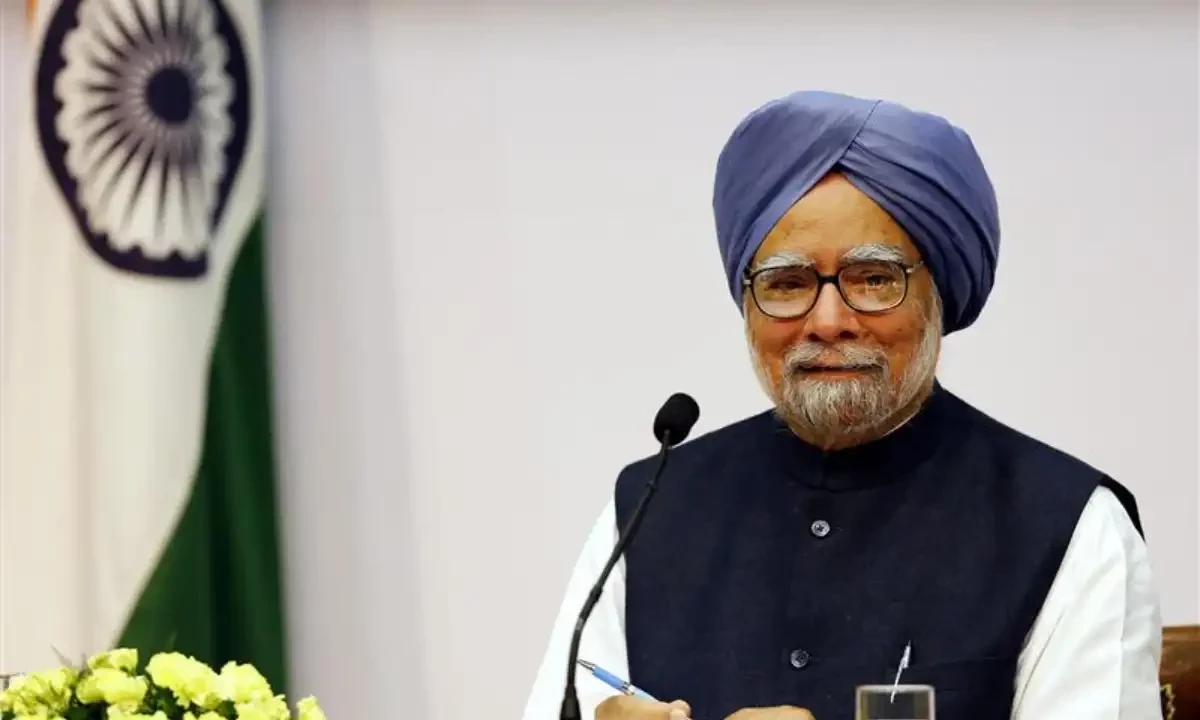Former Indian Prime Minister Manmohan Singh, who led the nation for two terms and opened up its economy as finance minister earlier in his career, has passed away at the age of 92.
Singh, an economist-turned-politician and former governor of the Reserve Bank of India, had been ill and was admitted to the All India Institute of Medical Sciences in New Delhi late on Thursday.
According to a hospital statement, his health worsened following a “sudden loss of consciousness at home.” The statement also noted that he was “receiving treatment for age-related health issues.”
A mild-mannered technocrat, Singh became one of India’s longest serving prime ministers, holding the office from 2004 to 2014 and earning a reputation as a man of great personal integrity.
After stepping down as prime minister, Singh maintained a low profile. He is survived by his wife and three daughters.
Prime Minister Narendra Modi, who succeeded Singh in 2014, called him one of India’s “most respected leaders” who rose from modest beginnings and made “a significant impact on our economic policies over the years.”
“As our Prime Minister, he worked tirelessly to better the lives of our citizens,” Modi wrote on X. He praised Singh’s contributions in parliament, noting, “His insights and humble demeanor were always evident.”
Born in 1932 into a humble family in what is now Pakistan, Singh’s dedication to his studies by candlelight earned him a place at Cambridge University. He later attended Oxford, where he completed a doctorate focused on the role of exports and free trade in India’s economy.
He gained respect as an economist, served as India’s Central Bank governor, and advised the government. Unexpectedly, he was appointed as finance minister in 1991.
During his tenure until 1996, Singh implemented critical reforms that rescued India’s economy from a severe balance of payments crisis and initiated deregulation and other policies to integrate the country into the global economy.
Singh’s rise to prime minister in 2004 was equally surprising.
He was chosen by Sonia Gandhi after the center-left Indian National Congress party’s unexpected victory. Born in Italy, she worried that her foreign origins would be exploited by Hindu-nationalist opponents if she took on the role.
Benefiting from a period of unprecedented economic growth, Singh’s administration introduced welfare schemes, including a rural jobs program, to distribute the country’s newfound wealth.
In 2008, his administration secured a historic agreement that enabled peaceful nuclear trade with the United States for the first time in 30 years, laying the foundation for strengthened ties between New Delhi and Washington.

